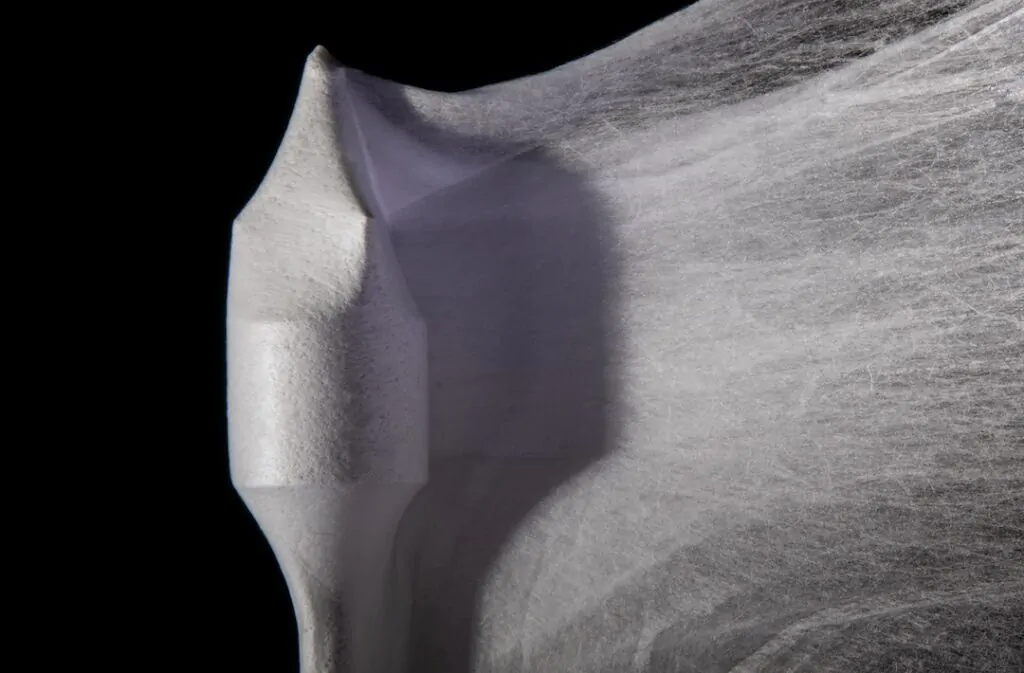
The heart is polluted: the last place we found Microplastics
Scientists have found 9 types of microplastics in the human heart, some even during surgery

Scientists have found 9 types of microplastics in the human heart, some even during surgery

Harvard-developed heart valve can make valve replacement surgeries obsolete and give patients a new, self-repairing heart.

A team of researchers develops new techniques that can repair tissue damaged by heart attacks and heart disease.

AI finds new dynamics for diagnostics, including the shape of the heart: sphericity could indicate impending heart disease.

It only took one administration of the gene to stop heart decay in middle-aged mice.

The advances in artificial intelligence are astounding. A new algorithm makes eye scan analysis more accurate than ever.

Harvard bioengineers developed the first biohybrid model of a human ventricle with beating and aligned heart cells.

The discovery of a mechanism to repair the heart muscle has the potential to revolutionize heart treatments and cures

A recent study talks about the importance of building a "natural pacemaker", which respects the heart irregularity of patients.

A properly trained artificial intelligence can predict a heart attack within a year, starting from an eye exam

A scanning system transforms a CT scan into a three-dimensional model of a patient's heart. Detecting heart disease will be five times faster.

Aortic insufficiency today leads to heart transplantation. But tomorrow? An EPFL team in Switzerland creates an artificial aorta that supports the heart.

An injectable heart monitor today also detects the first signs of fever. Move towards real-time medicine through sensors.

A saliva test could revolutionize heart attack diagnostics by dramatically reducing the timing of their detection

An innovative bionic pacemaker perfectly corrects heart failure in mice, adapting to the natural rhythms of each person's breathing.

Not only defibrillators: even a robotic device that performs heart massage is a holy hand, and this concept proves it
The electronic tattoo prototype developed by the team has energy to last for days, and transmits all the data it collects 24 hours a day on a smartphone.